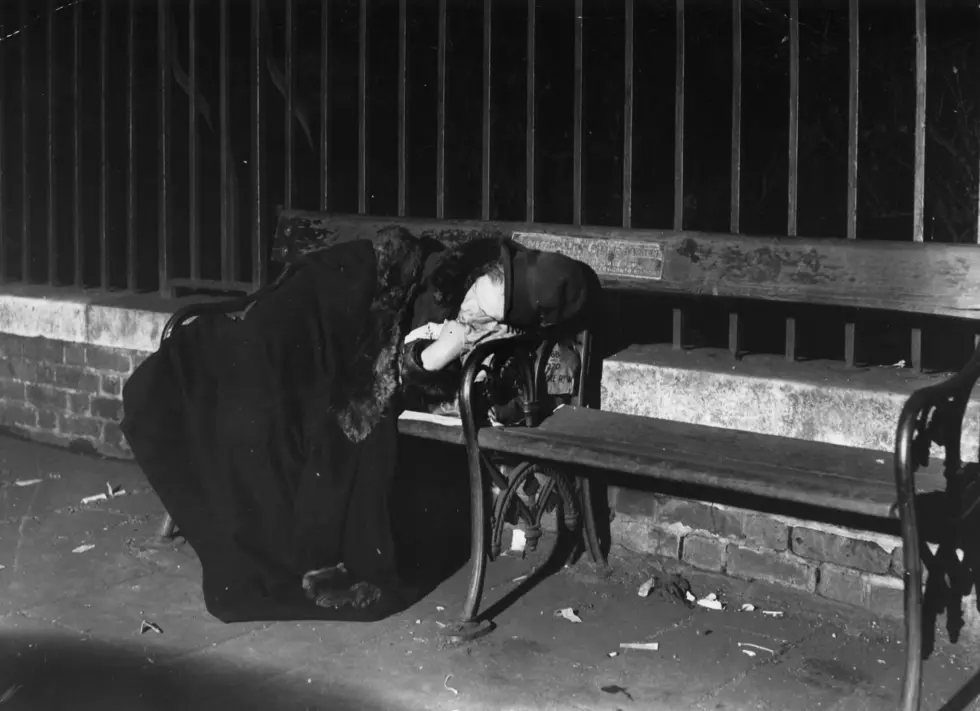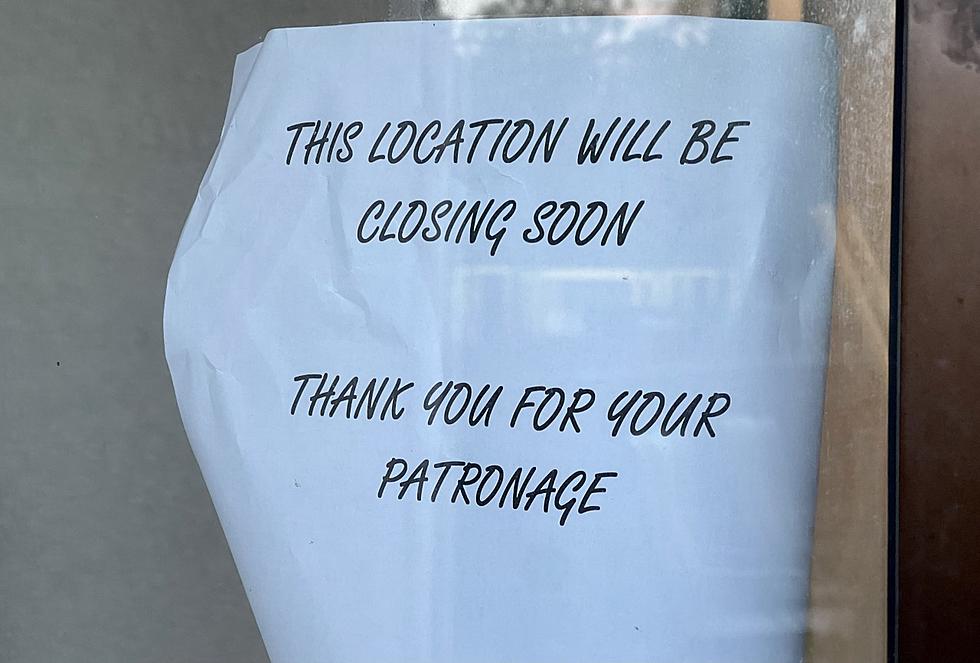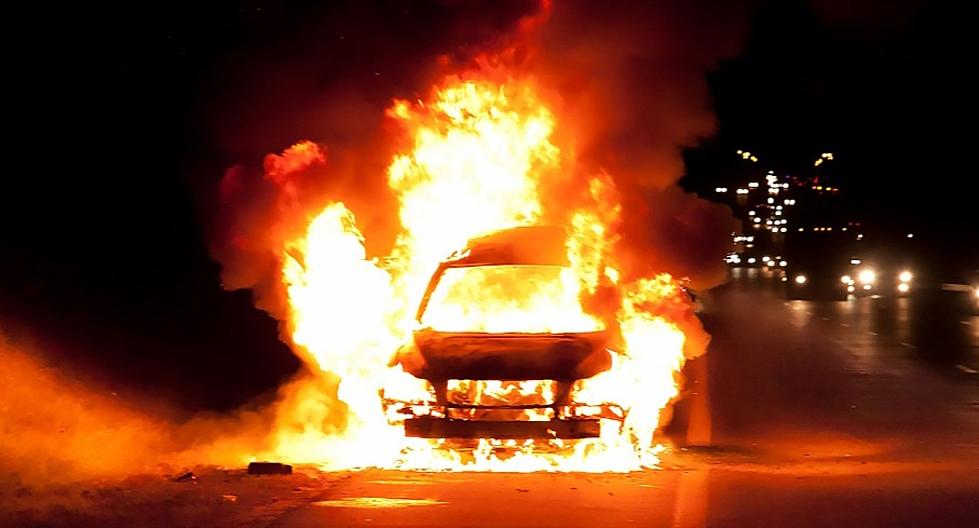George Takei Marks 75th Anniversary of Japanese-American Internment Order at FDR Museum
Actor George Takei, best known for his role in Star Trek, was sent to an internment camp along with his family when he was 5 years old because President Franklin Roosevelt signed Executive Order 9066.
Only in America can you visit the house of the man that had sent you to prison.
The similarities between FDR's order and the controversial order signed by President Trump were not lost on Takei or his fellow speaker, Professor Kermit Roosevelt, as they spoke to a sold out crowd at the Wallace Center at the FDR Presidential Library and Museum on Sunday.
Roosevelt, who is also the great, great-grandson of Teddy Roosevelt, told the audience that FDR signed the order because there was little public outcry opposing it and the president relied on his military advisors to sign the order, which was nullified several years later by Reagan and resulted in payments to the 120,000 Japanese-Americans that had been held in military-style camps until after the war had ended.
Roosevelt also mentioned that 9066 was also originally declared unconstitutional by the Justice Department, similar to Trump's order banning travel from seven predominately Muslim countries.
Takei, now 79, described how his family had been led away at gunpoint and taken to a California horse-racing track where they lived in a horse stall for three months because the military-style camps were not ready yet.
When the camps were finally ready, the Takei family along with thousands of others were shipped to Arkansas where they were confined before being sent to Tulelake Camp where security was even more intimidating.
When asked by the Hudson Valley Post reporter what emotions he felt as he visited the FDR Library for the first time, the social activist Takei said that "only in America can you visit the house of the man that had sent you to prison."
The 75th anniversary of the order also starts begins the exhibit at the library entitled Images of Internment: The Incarceration of Japanese-Americans During World War II.
More From Hudson Valley Post









